Taking Charge of Your Hormonal Health
Conscious Collective
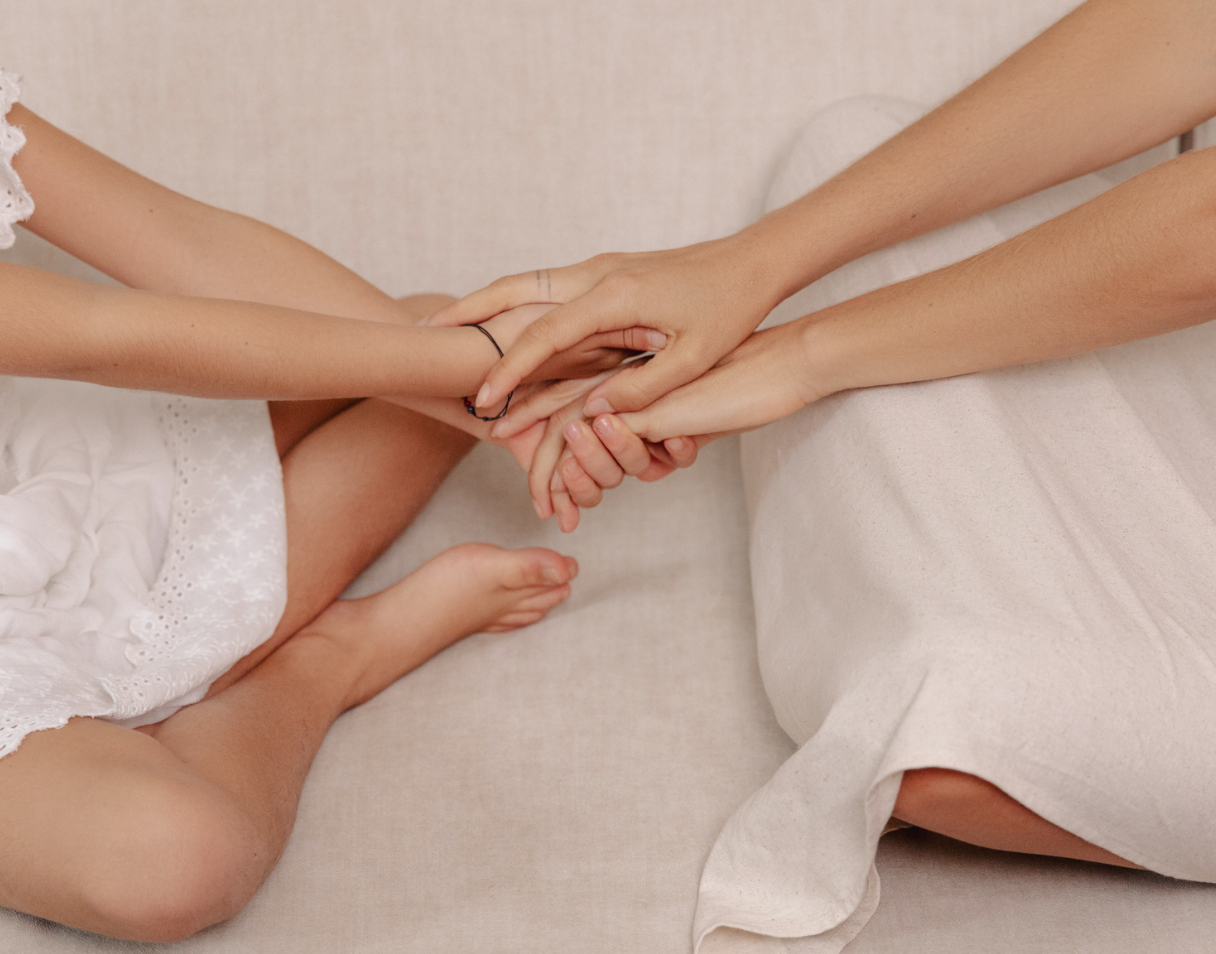
From First Period to Final Flash: The Hidden Crisis in Hormone Health and the HRT Misinformation Trap
Women spend more than half their lives in states of shifting hormones...
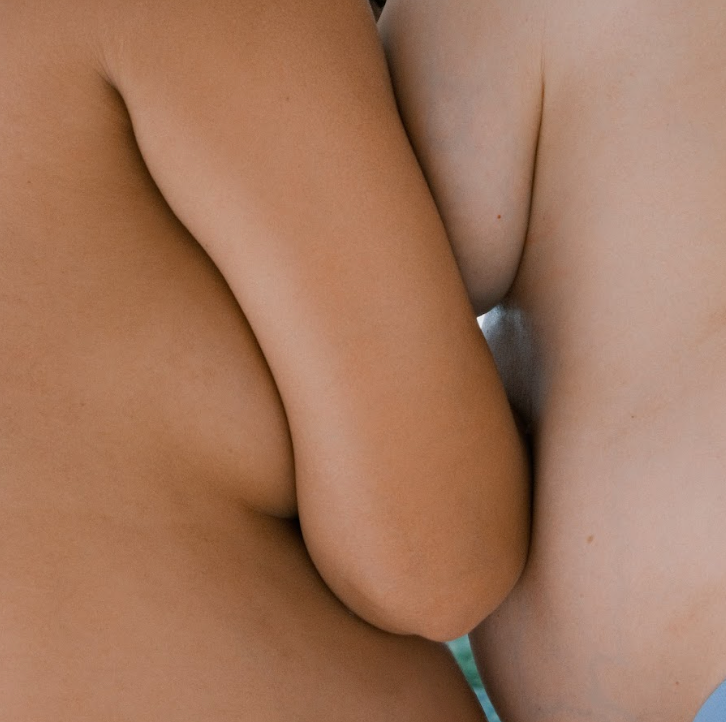
Rewriting the Breast Cancer Story: The Science, the Shifts, and the 10 Everyday Risks You Can Change
Breast cancer risk doesn’t take a break in November.

Hot Flashes, Cool Foods: The Science of Anti-Inflammatory Nutrition in Menopause
Menopause is a transformative milestone in every woman’s life, yet it’s often accompanied by a cascade of unexpected challenges...
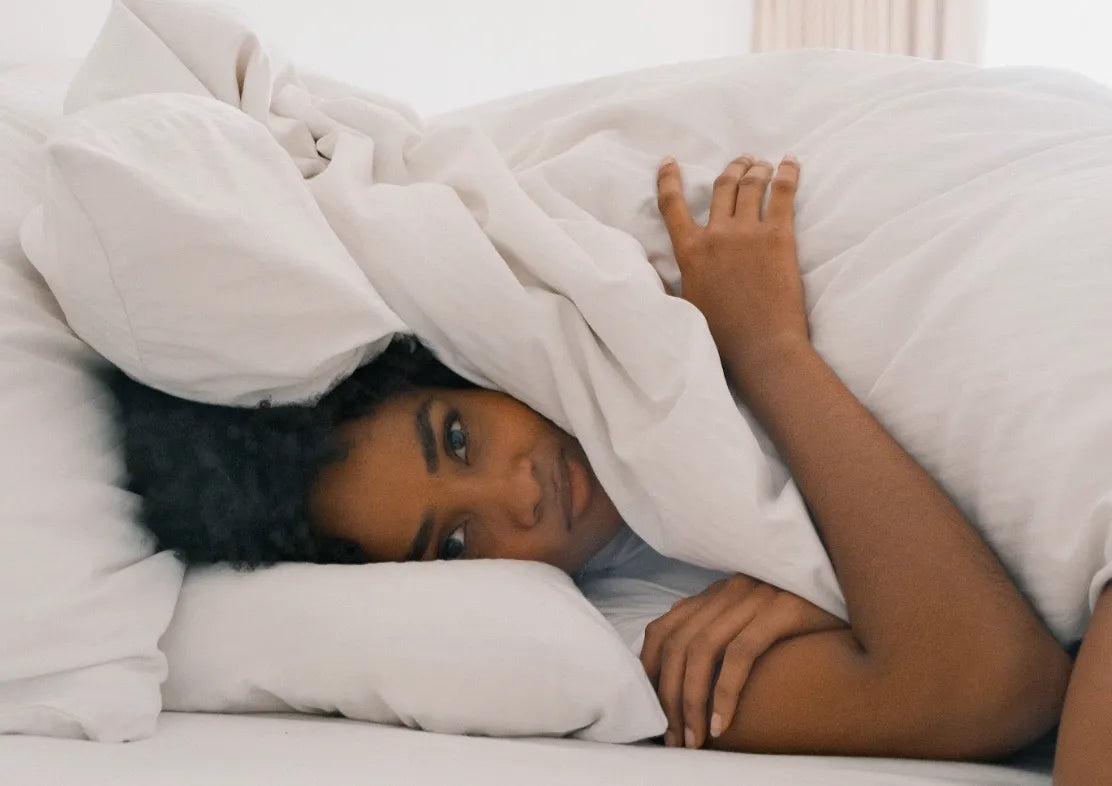
The Silent Health Crisis: How Poor Sleep Sneaks Up on Your Body and Brain
Sleep deprivation doesn’t just make you tired - it chips away at your body, mind, and life

Why Menopause Makes It Harder to Sleep and What You Can Do About It
Menopause insomnia can feel overwhelming, but with the right approach, it’s possible to reclaim restful nights.
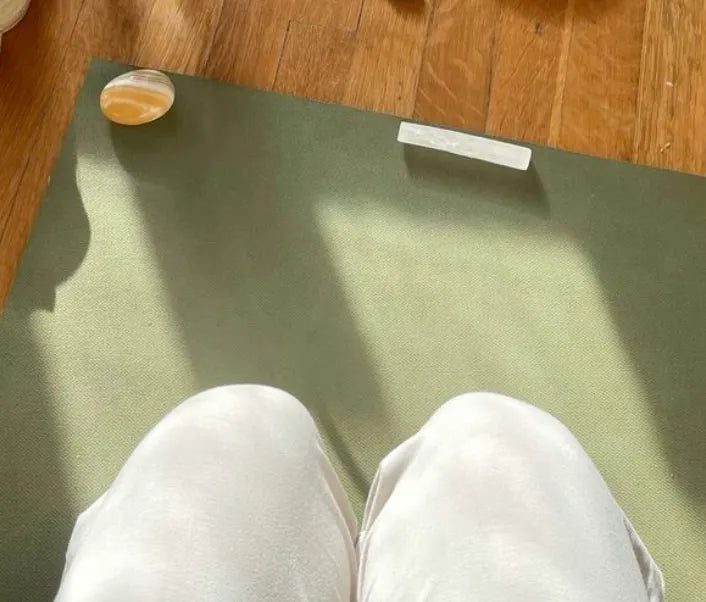
Using Mindfulness to Tackle Menopause Insomnia
Sleepless nights can feel like a lonely battle. You’re exhausted but wide awake, your mind racing, or your body drenched from a hot flush.
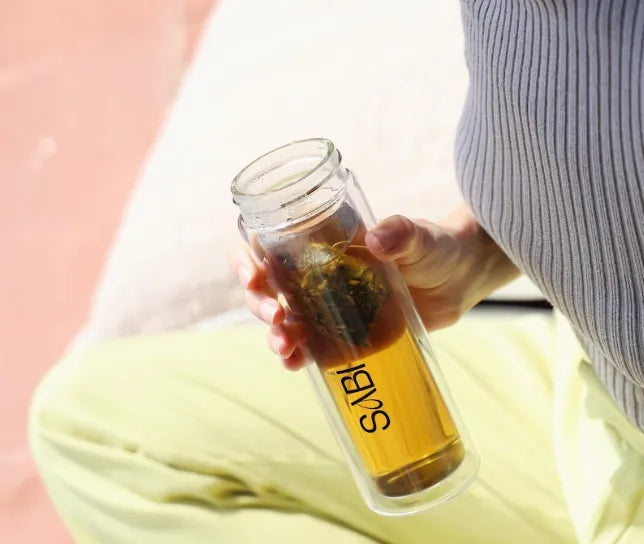
The Ultimate Guide to Menopause Sleep: Natural Tips and Remedies
Hormonal shifts can bring night sweats, racing thoughts, and restlessness, leaving you drained before the day has even begun.

The Science Behind Menopause Insomnia: Hormones, Sleep, and Solutions
There’s a science to menopause insomnia, and with the right tools, it’s possible to take back control of your nights.
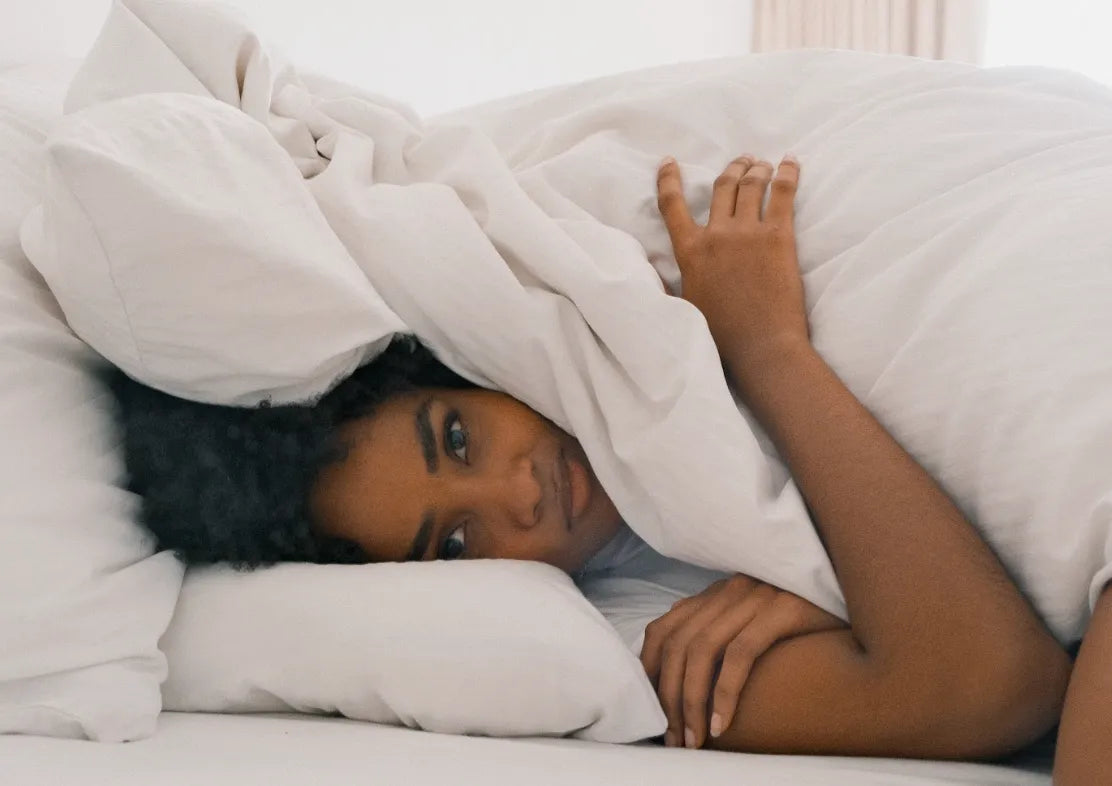
The Connection Between Relaxation Teas and Stress-Free Sleep
Stress doesn’t just impact your days—it can seep into your nights, keeping your mind racing and your body restless.
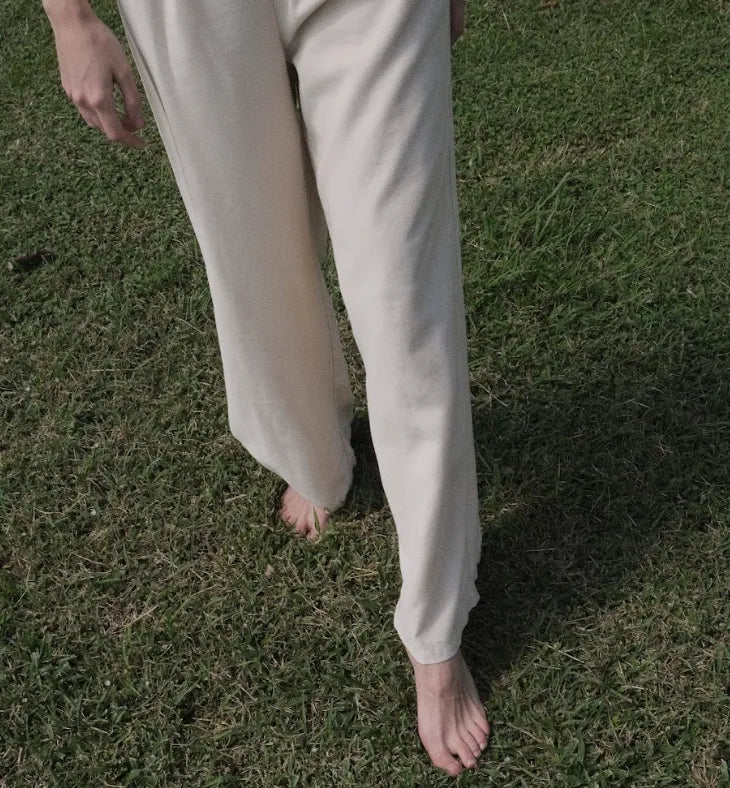
Stress and Sleep: Managing Sleeplessness During Menopause Naturally
Stress and menopause often go hand in hand.
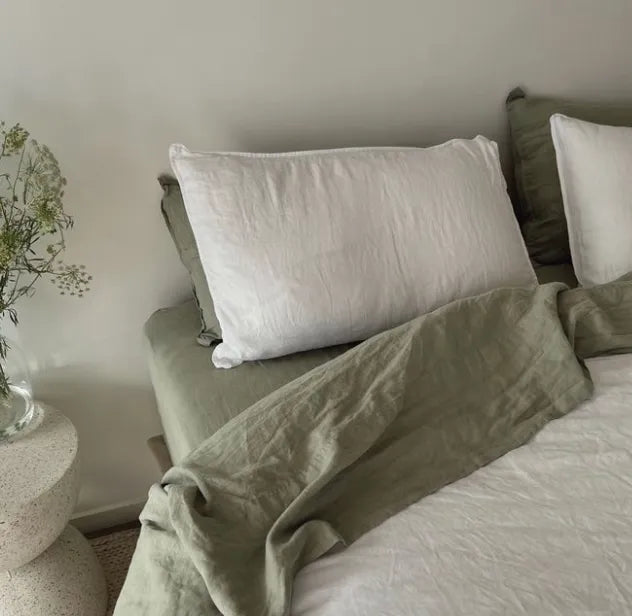
Soothe Sleepless Nights: How Herbal Teas Combat Menopause Insomnia
Sleepless nights can feel like one of the most frustrating symptoms of menopause.
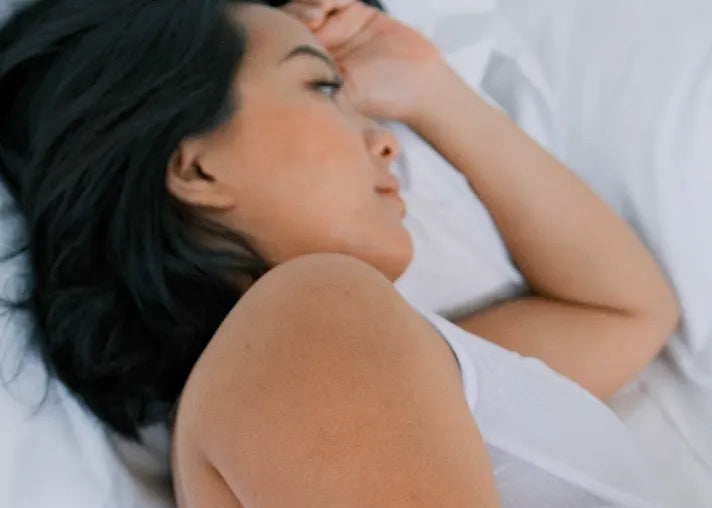
Oestrogen, Progesterone, and the Sleeplessness They Bring
Understanding hormones and how they affect your rest is the first step to reclaiming your nights.
Discover Our Full Collection
Herbata




Skincare







